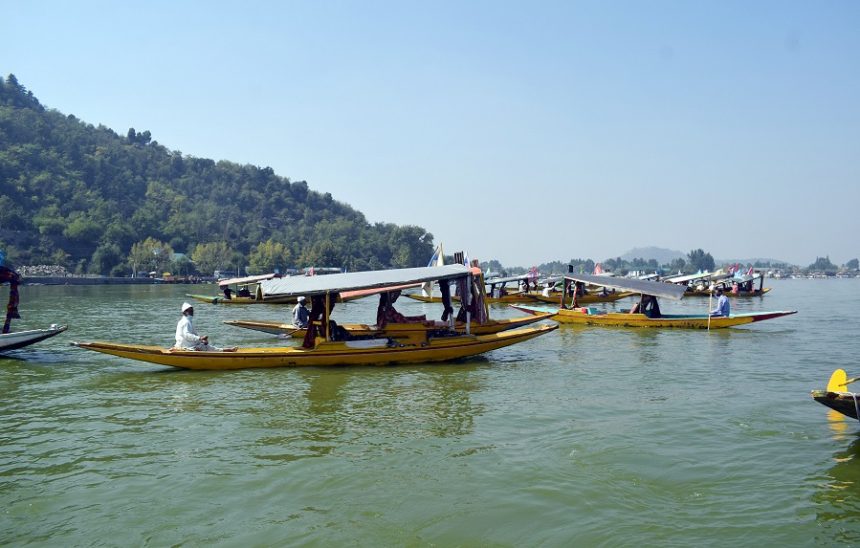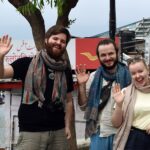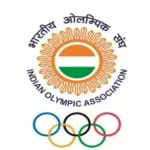Tourism is not only a business but involvement at various levels that includes people, resources and services to develop a destination and its brand value. Tourism is not like an ordinary business but is guided by sensitivity of handling the people and the places. Not only has that it integrated place consciousness and aesthetics with business activity. At the same time it has to be careful about maintaining the spaces that contain destinations. Intangibility differentiates tourism from other activities. When tourism is handled only as business it downgrades the destination. But when tourism acknowledges the place consciousness and civilizational moorings it helps to conserve cultural and heritage values of both tangible and intangible assets of the destination area. When those who are involved in tourism activity are guided by traditional business purposes then it creates the problems that can lead to multiple challenges minimising the long term benefits to be accrued by the stakeholders.
Tourism is an amalgamation of various segments that give comprehensive definition and outlook to tourism. It is an inclusive activity governed by various specialised fields at all levels of operations. Culture adds value to tourism. It is the richness of culture that sustains tourism activity in a destination area. Crystallisation of culture over the centuries develops the heritage. Once the culture is tampered and violated it leads to degradation of tourism in totality. The worst challenge that the destinations face the world over are due to violence. Violence destabilises the tourism ecosystem. It shrinks the destination space and the influx of tourism volume. The result being the insulation of the multiplier effect that generates the tourism economy and leads to employability.
Jammu and Kashmir is an apt case study that can help to internalise that immediate concern. Violation of peace at the destination area is posing a global challenge to the global economy and has thereby, generated a lot of brainstorming among the tourism policy makers. Conflict studies have acquired a status of a new discipline in the international academics. It has enabled the scholars and experts to investigate the impact of violence and genocidal attrition on the livelihoods and safety of the people. It has even led to the inclusion of the gender sensitivity in the studies to gauge the damage it has caused to females in the conflict zones. Not only that it addresses the loss it can incur upon the minorities when genocide is normalised and cultures destroyed.
Time has come to take this disciple to the new level and move ahead. The reason being the creation of war zones have led to devastation of the local heritage and culture by the regressive forces that create a situation which demolishes the place consciousness and aesthetics. It not only religiously cleanses the communities but subjects their cultural assets to vandalisation. This is cultural genocide. And when the state remains mute to such activities of genocidal attrition then it can be said to be complicit in this process. Thus genocide becomes double genocide. As now it imposes democide on the cultural groups as well.
Jammu and Kashmir is no exception to this devastation. For more than 35 years it has witnessed the violation of the civilizational moorings and genocidal attrition of the indigenous groups. It has led to loss of cultural and religious properties that gave an identity to the place called Jammu and Kashmir. Ethno-religious conflict in Kashmir indeed upset the cultural linkages that culture and heritage offer to tourism. This is an age of inter-disciplinary research and as such tourism can’t be averse to conflict studies. As conflict and war has devastated tourism as a business and tourism as an activity. The scholars and tourism professionals will have to revise their approach towards the tourism and tourism studies in the universities. The need is to expand the horizons of the tourism studies and devise the methodology to address the concerns of emerging trends. The primary being the impact of violence on tourism and how peace can re-establish tourism?
Researchers have been able to integrate tourism with history, sociology, anthropology, architecture, preservation and conservation but there has been a dearth of scholarship as far as the impact of conflict on tourism is concerned. Jammu and Kashmir offers a complete case study to investigate this domain in totality. Tourism marketers in Jammu and Kashmir have amply focussed on the marketing of tourism. Though it has lacked the segmented approach. Raising the voices of discrimination from both regions in terms of tourism promotion in Jammu and Kashmir regions respectively. That is a separate story as there has been a lack of expertise to devise tourism policies and strategies in Jammu and Kashmir. The qualified tourism professionals have been relegated to background and policy making is handled by the people who are not trained in tourism discipline. Neither at the academic level nor at the operational level.
This year the theme for the World Tourism Day is “Tourism and Peace”. This is indeed apt when the world is going through immense turbulence in terms war and climate change. In statement issued on the eve of the World Tourism Day, The World Committee on Tourism Ethics(WCTE) has welcomed the decision of the World Tourism Organisation (WTO) “to designate “Tourism and Peace” as the theme for World Tourism Day 2024. The theme is particularly timely in light of the current global climate of conflict and division.”
Jammu and Kashmir Government must explore the ways how it can involve tourism researchers to discover the ways and means adapt to this theme and encourage the universities and think tanks to conduct research on this theme and give a road map to devise a mechanism that can be adopted as a viable model. But the care has to be taken that this has to be handled by well-meaning tourism researchers and tourism professionals who have a reputation in originality and internalise the importance impact that genocide and conflict has on peace and tourism. Then only the specified objective as defined by WTO and endorsed by WCTE can be realised. It reads. “Recognizing tourism´s significant influence in fostering cross-cultural understanding as a foundation for peace and sustainable development, the Committee reaffirms the vital role of tourism as a catalyst for peace, mutual understanding, and friendship among people worldwide.”
United Nations (UN) Secretary-General , António Guterres has said , “building peace is a conscious, bold and even radical act” that is guided by the article 1 of the UN Tourism Global Code of Ethics for Tourism. WCTE has upheld this statement the Committee and “calls for all efforts to support peace negotiations in conflict-affected destinations, adhering to the fundamental principles of the United Nations Charter.”
Private sector and its role can’t be undermined and in this connection the apex body is forthright and sets the ball rolling by saying, “The World Committee on Tourism Ethics interprets, implements, and evaluates the provisions of the UN Tourism Global Code of Ethics for Tourism, promotes its ethical principles, and monitors their practical application by the private sector including the right to Tourism.” And it lays an added emphasis and underlines that “Tourism should always serve as a reminder of the importance of dialogue, peace, tolerance and mutually beneficial interactions between people and countries.”
Thus the agenda is all set. The need is to formulate the strategies and the model that establishes that peace and tourism is correlated. This has to be the imperative to develop tourism in Jammu and Kashmir by addressing the challenges to peace. Sustainability of peace is the cardinal principle to keep the tourism orbit intact. Knee jerk reactions on occasional tourist influx can’t be a barometer of peace. Peace has to be intangible like tourism. It must be defined in totality and not by accidents of economic benefits in select cases. Now the ball lies in the court of policy makers who will have to identify the researchers of peace who can materialise the theme of Tourism and Peace.
Jammu and Kashmir has to take the lead in tourism research and it must happen by interdisciplinary approach under the guidance of original tourism ideologues who understand genocidal attrition that devastates peace and rupture the tourism economy in places like Jammu and Kashmir that has seen vandalization of place consciousness, aesthetics, civilizational moorings and above all cultural destabilisation leading to heritage erosion.
(Author is a Heritage Tourism & National Security Expert. He writes on the issues concerning Jammu and Kashmir, Northern Frontier. His two books titled “ Jammu and Kashmir Breaking the Subversive Web and A Way Forward, Exploring Heritage Tourism in Jammu have been widely acclaimed








